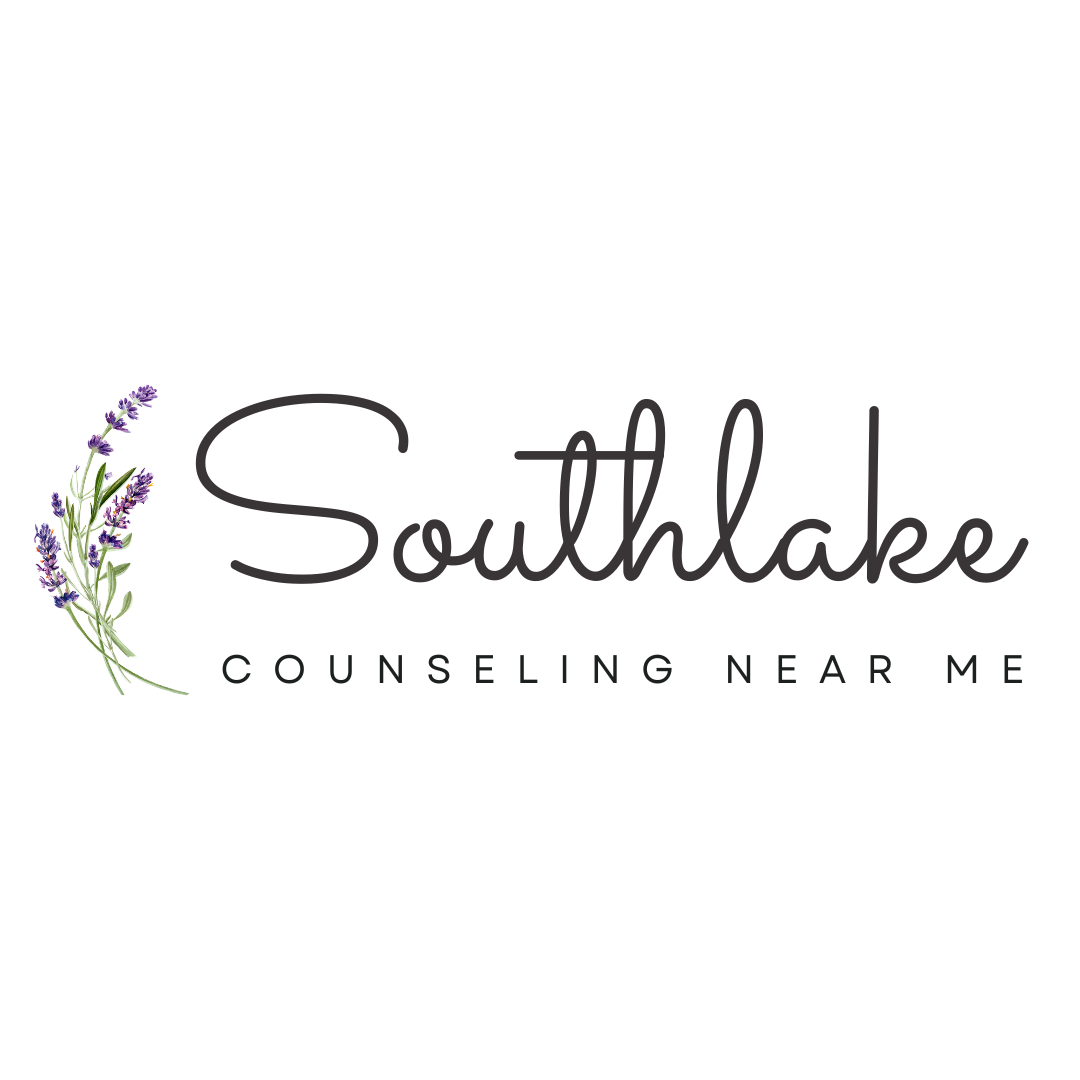Social Media and You: Navigating the Digital World
Social media is a big part of our worlds today from sharing selfies on Instagram to chatting with friends on Snapchat, platforms like TikTok, Twitter, and Facebook keep you connected and entertained. But have you ever wondered how all that scrolling and posting affects you—not just your phone, but your mind too? Let’s dive into how social media impacts your mental health and what you can do to make sure it stays a positive force in your life.
The Upsides and Downsides of Social Media
Social media offers incredible opportunities for connection and self-expression. It allows you to stay in touch with friends and family, discover new interests, and showcase your talents. Whether you’re sharing your latest artwork, posting a funny meme, or participating in online communities, social media can be a fantastic outlet for creativity and social interaction.
However, it’s not all sunshine and rainbows. The constant stream of updates and the pressure to present a perfect image can take a toll on your mental health. Seeing everyone else’s highlight reels can make you feel like you’re not measuring up, leading to feelings of inadequacy and low self-esteem. Additionally, the anonymity and reach of social media can amplify negative behaviors like cyberbullying, which can seriously impact your emotional well-being.
How Social Media Can Affect Your Mental Health
Stress and Anxiety: Constant notifications and the pressure to stay updated can lead to stress. Feeling like you need to respond immediately or keep up with everyone’s lives can be overwhelming and exhausting.
Self-Esteem and Body Image: Scrolling through perfectly curated photos can make you question your own looks or lifestyle. Remember, people usually share the best parts of their lives, not the whole picture. Comparing yourself to these idealized images can lead to dissatisfaction and unhealthy behaviors.
Cyberbullying: Unfortunately, the anonymity of the internet can sometimes bring out the worst in people. Cyberbullying can lead to feelings of isolation, sadness, and even thoughts of self-harm. It’s important to reach out for support if you’re experiencing this.
Sleep Disruption: Late-night scrolling can mess with your sleep patterns. The blue light from screens interferes with your ability to fall asleep, leaving you tired and irritable the next day. Poor sleep can further exacerbate feelings of anxiety and depression.
Positive Uses of Social Media
Despite its challenges, social media isn’t all bad. It can help you stay connected with friends and family, especially those who live far away or have busy schedules. Platforms like Instagram and TikTok are perfect for showcasing your talents, whether it’s dancing, drawing, or making music. Additionally, there are countless online communities where you can find support for various challenges, from mental health struggles to shared hobbies and interests. These positive interactions can boost your mood and provide a sense of belonging.
Tips for Healthy Social Media Use
Maintaining a healthy relationship with social media is all about balance. Here are some tips to help you navigate the digital world without letting it negatively impact your mental health:
Set Boundaries: Decide how much time you want to spend on social media each day and stick to it. Use apps or phone settings to limit your screen time if needed. Taking regular breaks can help you stay focused on real-life activities and relationships.
Curate Your Feed: Follow accounts that make you feel good and unfollow those that bring you down. Surround yourself with positivity and inspiration. Engaging with content that uplifts you can improve your overall mood and self-esteem.
Take Breaks: It’s okay to take a step back from social media. Digital detoxes can help you recharge and focus on real-life interactions. Disconnecting for a while can provide clarity and reduce feelings of overwhelm.
Engage Positively: Use social media to spread kindness and support others. Positive interactions can boost your mood and those around you. Commenting on friends’ posts with encouraging words or sharing uplifting content can create a more supportive online environment.
Recognizing When Social Media is Taking a Toll
Sometimes, social media can start to have a negative impact on your life. Here are some signs to watch out for:
- Feeling Anxious or Sad: If you notice a dip in your mood after using social media, it might be time to take a break.
- Neglecting Responsibilities: Letting schoolwork or chores slide because you’re too busy online.
- Isolation: Preferring virtual interactions over spending time with friends and family in person.
- Sleep Problems: Struggling to fall asleep because of late-night screen time.
If you’re experiencing any of these signs, it’s important to reach out for support.
Seeking Help!
Dealing with the challenges of social media isn’t something you have to handle alone. If you or your teen are struggling with the effects of social media, Southlake Counseling Near Me is here to help. Our experienced counselors provide a safe and supportive environment to navigate these challenges and promote healthy digital habits.
Reach out today to learn more about our services and how we can support your mental and emotional well-being.
Remember, it’s important to take care of both your online and offline lives. If you’re feeling overwhelmed, don’t hesitate to seek help.



